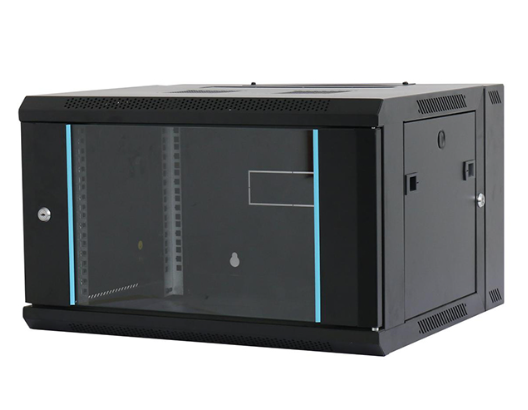News
Site Editor
 Site
https://leonetworkgroup.usa18.wondercdn.com/uploads/image/5fe152faa587d.png
SFP fiber module is a type of pluggable transceiver module that is widely used in the networking industry. It is designed to provide high-speed connectivity over a fiber-optic link, allowing for more efficient data transmission and better network performance. In this article, we will explore the features and benefits of SFP fiber modules, as well as their applications in various networking environ
Site
https://leonetworkgroup.usa18.wondercdn.com/uploads/image/5fe152faa587d.png
SFP fiber module is a type of pluggable transceiver module that is widely used in the networking industry. It is designed to provide high-speed connectivity over a fiber-optic link, allowing for more efficient data transmission and better network performance. In this article, we will explore the features and benefits of SFP fiber modules, as well as their applications in various networking environ
What Is Sfp Fiber Module
Views: 345
Author: Site Editor
Publish Time: 2023-07-11
Origin: Site
SFP fiber module is a type of pluggable transceiver module that is widely used in the networking industry. It is designed to provide high-speed connectivity over a fiber-optic link, allowing for more efficient data transmission and better network performance. In this article, we will explore the features and benefits of SFP fiber modules, as well as their applications in various networking environments.
Features of SFP Fiber Module
SFP fiber modules are small, hot-swappable transceiver modules that can be easily inserted and removed from a network device such as a switch, router, or media converter. They are typically installed in SFP (small form-factor pluggable) slots, which provide a flexible and versatile interface for connecting different types of network media.
SFP fiber modules support a range of fiber-optic connectors and cable types, including single-mode and multimode fibers, and they come in various wavelengths ranging from 850nm to 1550nm. They also support different data rates, ranging from 100Mbps to 10Gbps, depending on the specific module type and application requirements.
Benefits of SFP Fiber Module
One of the key benefits of SFP fiber modules is their flexibility and scalability. They can be easily swapped out or upgraded to suit changing network needs without requiring any significant changes to the network infrastructure. This makes them an ideal solution for network administrators who need to add or upgrade fiber support without disrupting the existing network.
SFP fiber modules also provide reliable and secure data transmission over long distances, which is essential for applications such as data centers, campus networks, and metropolitan area networks. They offer high-speed connectivity at lower power consumption and with higher signal integrity than traditional copper-based solutions.
In addition, SFP fiber modules offer better electromagnetic interference (EMI) and electromagnetic compatibility (EMC) performance than copper-based solutions, making them less prone to data loss and signal degradation. This is especially important in industrial and harsh environments where electromagnetic interference is common.
Applications of SFP Fiber Module
SFP fiber modules are widely used in various networking environments, including:
1. Data Centers: SFP fiber modules are used to connect servers, storage devices, and network switches over high-speed fiber-optic links. They enable faster data transmission and more efficient data processing, improving overall data center performance.
2. Campus Networks: SFP fiber modules are used to connect different buildings and departments within a campus network over fiber-optic links. This provides high-speed connectivity and improves network reliability and security.
3. Metropolitan Area Networks (MANs): SFP fiber modules are used to connect different locations within a metropolitan network over fiber-optic links. This enables faster data transmission, better network scalability, and improved network security.
4. Industrial Networks: SFP fiber modules are used in various industrial applications such as oil and gas, mining, and transportation. They provide reliable and secure data transmission over long distances in harsh and hazardous environments.
Conclusion
In summary, SFP fiber modules are an essential component of modern networking environments. They provide reliable and secure high-speed connectivity over fiber-optic links, improving network performance and efficiency. With their flexibility, scalability, and versatility, SFP fiber modules are an ideal solution for a wide range of networking applications, making them an essential tool for network administrators and engineers.
If you want to know more about industrial network cabinet,china fiber optic splice closure,china fiber optic distribution box,please consult the fiber optic splice closure factory









